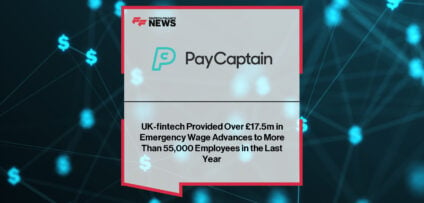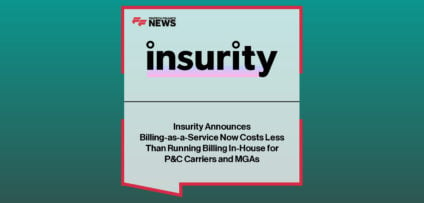Breaking News

Investing in Personal Finance: Five Tips from Folio
When it comes to saving, millennials have a bad reputation. But while sceptics point the finger at a love of smashed avocados, the reality is that times have changed. Millennials’ earnings prospects are weaker, house prices remain high and the traditional saving milestones have changed too.
Millennials aren’t necessarily bad savers, but rather the old way of saving doesn’t work for them. In fact, while 46% of them do not save or budget – 62% would like a tool to help them manage and automate their savings. There’s a gap between the wants of savers, and the tools available to them. This has created a huge market, with a target audience set to be the largest group of consumers in America & Western Europe by 2018.
It’s of little surprise then that enthusiasm for innovative savings is also translating into millions of pounds of funding. And these companies aren’t opting for traditional funding routes. Instead, crowdfunding has emerged as the platform of choice, giving smaller investors an opportunity to secure equity stakes in early-stage start-ups.
It’s the future of investment funding the future of personal finance. But with the hype comes a word of warning. It’s all too easy to get caught up in the dream of securing a 5% stake in the next Google, only to never see your investment again. So, before you dive into crowdfunding, here are a few things you should consider when investing in personal finance apps:
– What are the future plans of the business and is it protected? Ultimately, regardless of how good a company looks or feels, if it doesn’t have a clear, concise monetisation plan – then it’s a risky investment. Many of the apps on the market aimed at today’s saver will fizzle out. It’s competitive and we’ve already seen casualties. So look for the team with a plan and ask yourself: how are they intending on growing their user base? How will they develop their offering? Are there any partnerships in the pipeline? And how are they actually going to make money? It’s also worth questioning the company’s exit plan, as this is what determines your returns. These are important questions – you have to believe you’re investing in a business that’s in it for the long-run.
If it’s a good idea with a strong future, then there will also be competitors. So make sure before you invest that the company already has its brand trademarked and that it owns all of its IP. Without this, a company is open to copycats down the line.
– How is it utilising its data? Data is the new oil, as the famous saying goes. That applies in personal finance as it does in any other sector. Why? Because data can inform a company’s next steps in regards to product development. And it’s also a huge money-making opportunity. Potential investors should ensure that a company is collecting valuable data, analysing it appropriately and incorporating it into their business plan. You want to see that any personal finance company you are planning on investing in knows as well as you do that data is highly valuable.
– Ask yourself, would I use this product? Only invest in products and services you believe in, or would use yourself. It’s difficult to make a success of something you know very little about. Luckily, in the world of personal finance, it’s easy to try before you buy. Savings apps are easily downloaded (if they aren’t – that’s your first warning sign!) and you’ll find that many of the services are running beta testing and research to involve their stakeholders in the future of the product. Make sure you’re engaged with the brand – you want to feel like both an investor and an advocate.
– Does the management team scream success? According to Fast Company, not having the right team is the most common reason for a startup to fail. So it’s crucial you believe in the leadership team. Whilst researching the product, also do your homework on the founders. You want to know if they have any previous entrepreneurial experience, what advisors they have behind them and pretty much anything else you can get your hands on. Turning a start-up into a profitable business takes an enormous amount of determination and work from a team. You only have to look at Uber at the moment to realise how toxic the wrong team can be for an otherwise successful start-up.
-Double check the deal: There are various forms of crowdfunding deals, including:
- rewards-based: your investment returns special rates or other benefits, but no equity
- donation-based: your contribution is a donation rather than an investment and does not offer a return
- debt-based: your investment is effectively a loan paid back with some interest
All have their merits, but suit different investors for different reasons. Always check the small print and make sure you know whether your money gets and if it suits your wants and needs.
Written by Marvyn Halfon, CEO and Founder, Folio
Folio is crowdfunding now on the CrowdCube website here.
- Bluefin and Basis Theory Partner to Enable Unified Tokenization Across Digital and In-Person Payments Read more
- Invest Bank and AUTON8 Build Partnership to Drive Digital Resilience and Banking Agility Read more
- ING’s AI Roadmap: Platform, People, and Agentic AI Read more
- UK-fintech Provided Over £17.5m in Emergency Wage Advances to More Than 55,000 Employees in the Last Year Read more
- TreviPay Announces AI-Powered Growth Center to Help Enterprises Predict Buyer Behavior and Drive B2B Sales Read more










